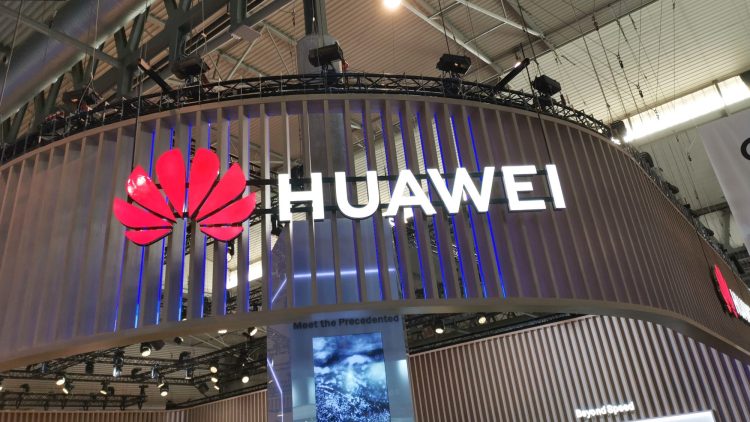Huawei has won a small battle in the broader war to supply European countries with 5G hardware: Top Dutch carrier KPN has decided to use the controversial Chinese company’s telecommunications gear in its 5G network. But KPN has opted to use Huawei solely for non-core elements in its network and will pick another vendor for core hardware, reflecting continued international concern over the security of Huawei equipment.
The KPN deal represents progress for Huawei, which has been shunned or kept in holding patterns by European carriers after the United States worked to prevent it from supplying networking gear to 5G networks. Regardless of carriers’ continued private interest in the low-cost gear, any actual public commitment to buy Huawei hardware increases the company’s continued viability as a supplier in Europe. Huawei used the announcement to specifically thank KPN for its trust and then underscore its commitment to cyber security, which it says “has always been Huawei’s top priority.”
European officials haven’t dropped their concerns over Huawei, and in recent months some have suggested that its security protocols are at best outdated, perhaps dangerously so. But as the U.S. has indicated a willingness to compromise on allies’ 5G network security, some countries have developed alternate paths to let Huawei provide gear only for network endpoints — the radio connections between users and towers — without touching network cores. Now that the U.K. has reportedly embraced this solution, countries such as the Netherlands appear to be following its lead.
This approach effectively bifurcates 5G security into two primary dimensions — control and surveillance. In the 5G era, city infrastructures, factories, and vehicles are expected to use 5G networks for remote control and coordination; seizing a carrier’s or country’s network cores could allow an attacker, such as China’s government, to control these resources. Blocking Huawei from providing core hardware would reduce that risk, though using its non-core hardware might enable Chinese surveillance of individual calls or data streams. Huawei has vigorously denied that either would be the case, suggesting that international concerns have been based on supposition rather than actual evidence.
June 5th: The AI Audit in NYC
Join us next week in NYC to engage with top executive leaders, delving into strategies for auditing AI models to ensure fairness, optimal performance, and ethical compliance across diverse organizations. Secure your attendance for this exclusive invite-only event.
“We are aware of the concerns and discussions regarding safety and security,” said Huawei Benelux CEO Steven Cai. “It is hard however to defend yourselves when no clear facts are on the table. For that reason, we welcome the initiative of the Dutch government with the Taskforce. We will fully cooperate where needed and provide insights and answers where needed.”

